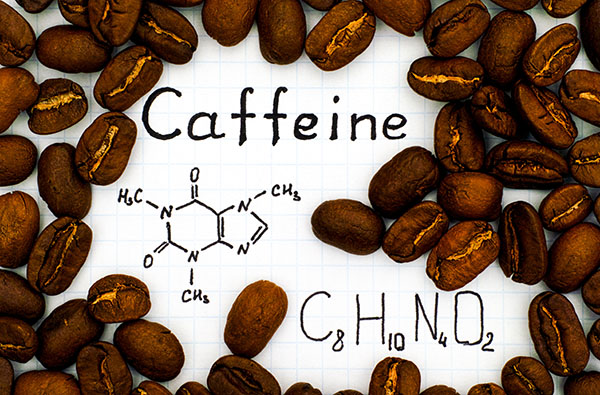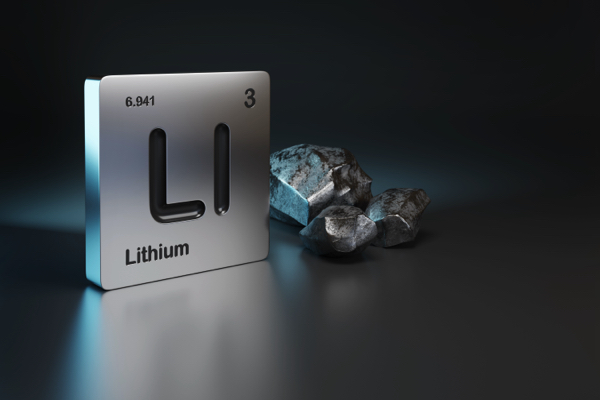China’s race against time: The quest to extend human lifespan to 150 years
11/10/2025 / By Belle Carter

- A Shenzhen-based biotech startup claims its grape seed extract (PCC1) pills eliminate “zombie cells” linked to aging, extending mouse lifespans by 64 percent. The company predicts cancer eradication within a decade and human lifespans reaching 120 years.
- Beijing is investing billions into anti-aging research, aiming for extreme lifespan extension by the 2030s. Unlike Western nations, China’s approach is government-driven, raising concerns about elite prioritization (e.g., censored reports of military hospitals targeting 150-year lifespans).
- While Nature Metabolism flagged errors in Lonvi’s initial study, Japanese research supports PCC1’s effects. However, experts warn that mouse results don’t guarantee human success and unintended risks (e.g., weakened immunity) remain.
- Silicon Valley billionaires and Chinese entrepreneurs fuel a booming industry, blending legitimate science with speculative ventures (e.g., cryogenic chambers, “immortality islands”). Companies like Time Pie host high-profile longevity conferences, accelerating investment.
- The race for immortality raises ethical dilemmas: Who gets access? Could lifespan extension worsen inequality? While immortality remains elusive, the push for 150-year lifespans forces society to confront unprecedented medical, economic and moral challenges.
In the bustling tech hub of Shenzhen, a Chinese biotech startup, Lonvi Biosciences, is making bold claims that could rewrite the rules of human longevity. Their anti-aging pills, derived from grape seed extract (PCC1), have shown promise in mouse studies—extending lifespans by up to 64 percent and eliminating “zombie cells” linked to aging.
Chief Technology Officer Lyu Qinghua predicts that within a decade, cancer could be eradicated entirely. While skeptics question the feasibility, China is pouring billions into longevity research, aiming to make extreme lifespans a reality by the 2030s.
A modern elixir of life?
China’s fascination with immortality dates back millennia—from Emperor Qin Shi Huang’s mercury-laced potions to today’s cutting-edge biotech labs, BrightU.AI‘s Enoch notes. Unlike ancient alchemy, modern science offers tangible breakthroughs. PCC1, Lonvi’s key compound, selectively targets senescent cells—those that stop dividing and contribute to aging—while preserving healthy ones. Early trials in mice showed lifespan increases, though scientific rigor remains under scrutiny. Nature Metabolism, a monthly peer-reviewed academic journal, flagged data errors in the original study, but subsequent research in Japan supports the findings.
The U.S., EU and Japan are also investing heavily in longevity science, but China’s state-backed push sets it apart. Beijing sees anti-aging research as both a national priority and a potential economic boon.
From emperors to billionaires: The longevity gold rush
Longevity isn’t just for emperors anymore. Wealthy elites worldwide, from Silicon Valley billionaires to Chinese entrepreneurs, are fueling a booming industry. Companies like Time Pie, a Shanghai-based longevity firm, host high-profile conferences where cryogenic chambers and “immortality islands” are pitched alongside legitimate science. Harvard researcher Vadim Gladyshev notes China’s rapid progress, but warns that translating mouse results to humans remains uncertain.
Meanwhile, Lonvi’s CEO, Yip Tszho (known as Zico), calls PCC1 the “holy grail,” predicting lifespans of 120 years. Stanford’s Buck Institute plans clinical trials to validate the claims, though experts like Dr. David Barzilai caution that mouse success doesn’t guarantee human results.
Science or snake oil? The risks of the longevity boom
The line between breakthrough and hype remains thin. Chinese state media once promoted a now-deleted video claiming military hospitals were working to extend leaders’ lives to 150 years. While censored, the clip fueled suspicions that longevity research serves elites first.
Beyond politics, ethical and scientific hurdles loom. Grapeseed extract is widely used in traditional medicine, but isolating bioactive molecules at scale is complex. And while eliminating “zombie cells” sounds promising, unintended side effects—like weakened immune responses—could pose risks.
China’s ambition to conquer aging reflects a broader global race—one where science, commerce and mythology collide. Whether Lonvi’s pills will deliver on their promise remains uncertain, but the quest for longevity is undeniably accelerating. For now, immortality remains out of reach, but the dream of living to 150—once the stuff of emperors—may soon enter the realm of possibility. Whether society is ready for the consequences, however, is another question entirely.
Watch the video below about one of the top Chinese longevity secrets.
This video is from the Natural Cures channel on Brighteon.com.
Sources include:
Submit a correction >>
Tagged Under:
anti-aging, Big Pharma, biotechnology, China, conspiracy, future science, grape seed extract, health science, insanity, lifespan, longevity, medical experiments, PCC1, pharmaceutical fraud, phytonutrients, plant medicine, real investigations, research
This article may contain statements that reflect the opinion of the author





















